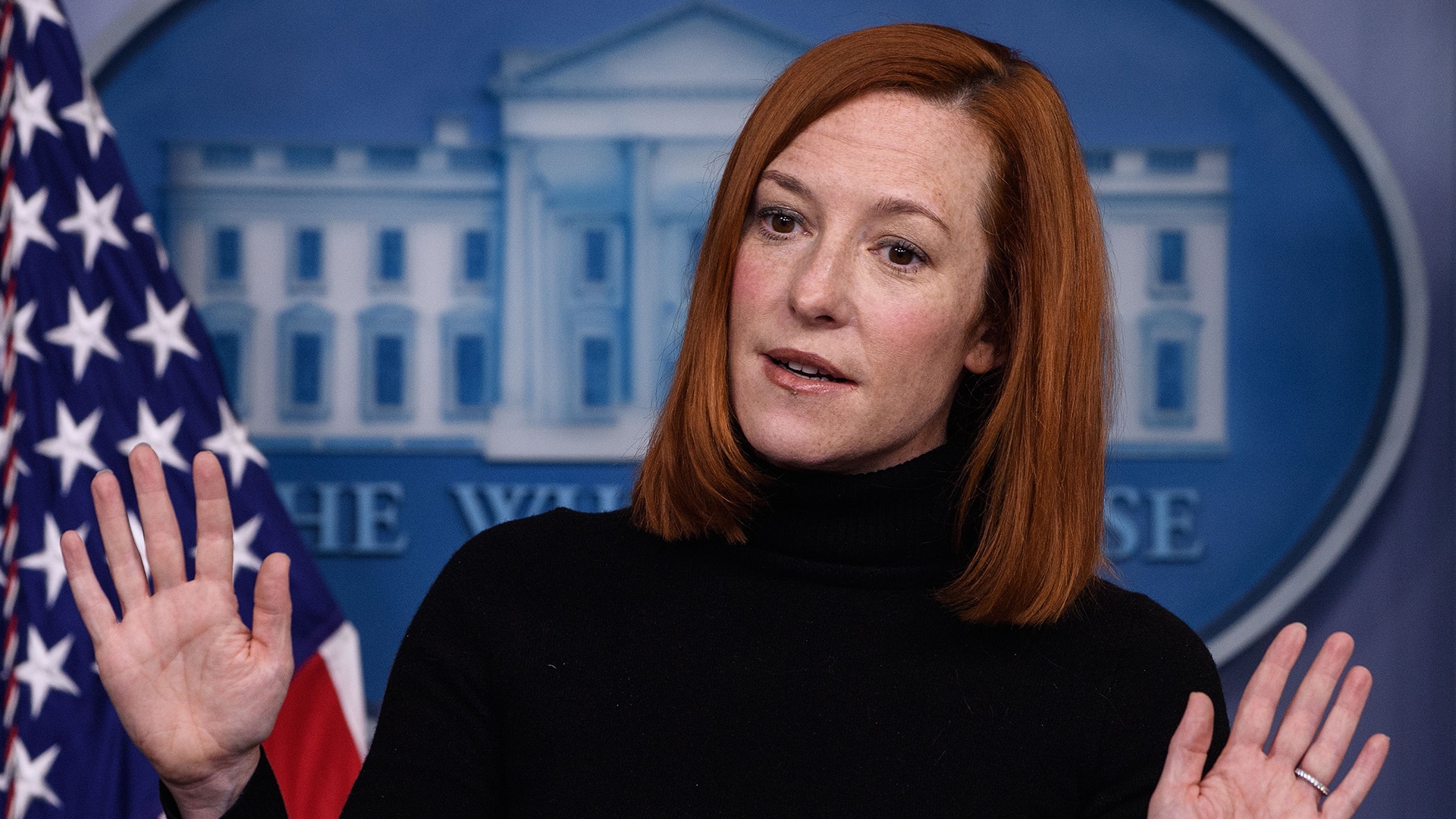OPINION: This article may contain commentary which reflects the author's opinion.
Former White House press secretary Jen Psaki has been cut off by a federal judge after she attempted to circumvent a previous ruling he handed down. Judge Terry Doughty of the U.S. District Court for the Western District of Louisiana rejected Psaki’s attempt to block a subpoena so that she would not be deposed in a lawsuit that alleges she and others in the Biden administration conspired with big tech companies to quash and censor speech.
Attorneys for Psaki argued that she did not have any relevant information to provide the case, which was filed in May by Missouri Attorney General Eric Schmitt and Louisiana Attorney General Jeff Landry, the former of which is now a U.S. Senator-elect from the Show Me State. She also argued that forcing her to be deposed would place an undue burden on the former White House spokeswoman, who is now a paid contributor at MSNBC.
Her motion was supported by the Biden Justice Department.
In his ruling, Doughty, who was appointed by former President Donald Trump, wrote that there is definitely a public interest in “determining whether First Amendment free speech rights have been suppressed” by the White House and the social media companies.
“As discussed, Psaki’s reasons for having to prepare for and give the deposition are not undue burdens. Second, because there is no undue burden, there is no irreparable harm to Psaki,” Doughty wrote, according to the Washington Examiner.
The suit alleges that the Biden administration colluded with Meta, Twitter, and YouTube “to censor and suppress free speech — including truthful information — related to COVID-19, election integrity, and other topics, under the guise of combating misinformation.”
A number of current administration officials have been sent a subpoena, including Psaki, Dr. Anthony Fauci, Director of White House Digital Strategy Rob Flaherty, Surgeon General Vivek Murthy, Cybersecurity and Infrastructure Security Agency Director Jen Easterly, and FBI Special Agent Elvis Chan.
Late last week, Psaki attempted to quash the subpoena through a filing in a federal court in Virginia. Federal Magistrate Judge Ivan Davis, however, kicked the case back down to Doughty in Louisiana, where the suit was originally filed, while expressing ire at Psaki.
According to Politico, Davis sent the case back to Doughty, “roundly rejecting and even ridiculing arguments Psaki’s attorneys and the Justice Department presented.”
The outlet continued:
During a brutal argument session that stretched to more than an hour Friday morning, Davis accused Psaki’s high-powered lawyers and the Justice Department of trying to make an “end-run” around U.S. District Court Judge Terry Doughty, a Monroe, La.-based appointee of President Donald Trump.
Psaki’s lawyers argued that the deposition would be an “undue burden” on her, in part because it would take her away from her family for several days and interfere with her new job at MSNBC. But during a series of prickly exchanges with Psaki’s lead attorney, Jeannie Rhee, Davis said the filings in the case didn’t demonstrate any unusual impact she was likely to suffer.
“I don’t see any,” Davis said. “I’m finding it difficult to see how that’s different than any other deponent.”
Politico added: “Rhee told Davis that Psaki would have to be prepared for the deposition by two different sets of attorneys: Rhee’s team and Justice Department lawyers. DOJ would not permit Rhee’s team to be present while the preparation with the government lawyers took place, said Rhee, a former federal prosecutor and veteran of Special Counsel Robert Mueller’s Russia investigation team.”
Davis pushed back on that claim as well. “How much does it take to prepare a witness for a deposition where she doesn’t have anything to say? That’s confusing,” the judge responded.
Politico reported that Justice Department lawyers informed Davis they plan to appeal his ruling. The outlet also said that DOJ lawyers will likely shield Psaki during any deposition she may ultimately have to give, arguing that many of her conversations in the White House are protected by executive privilege.
